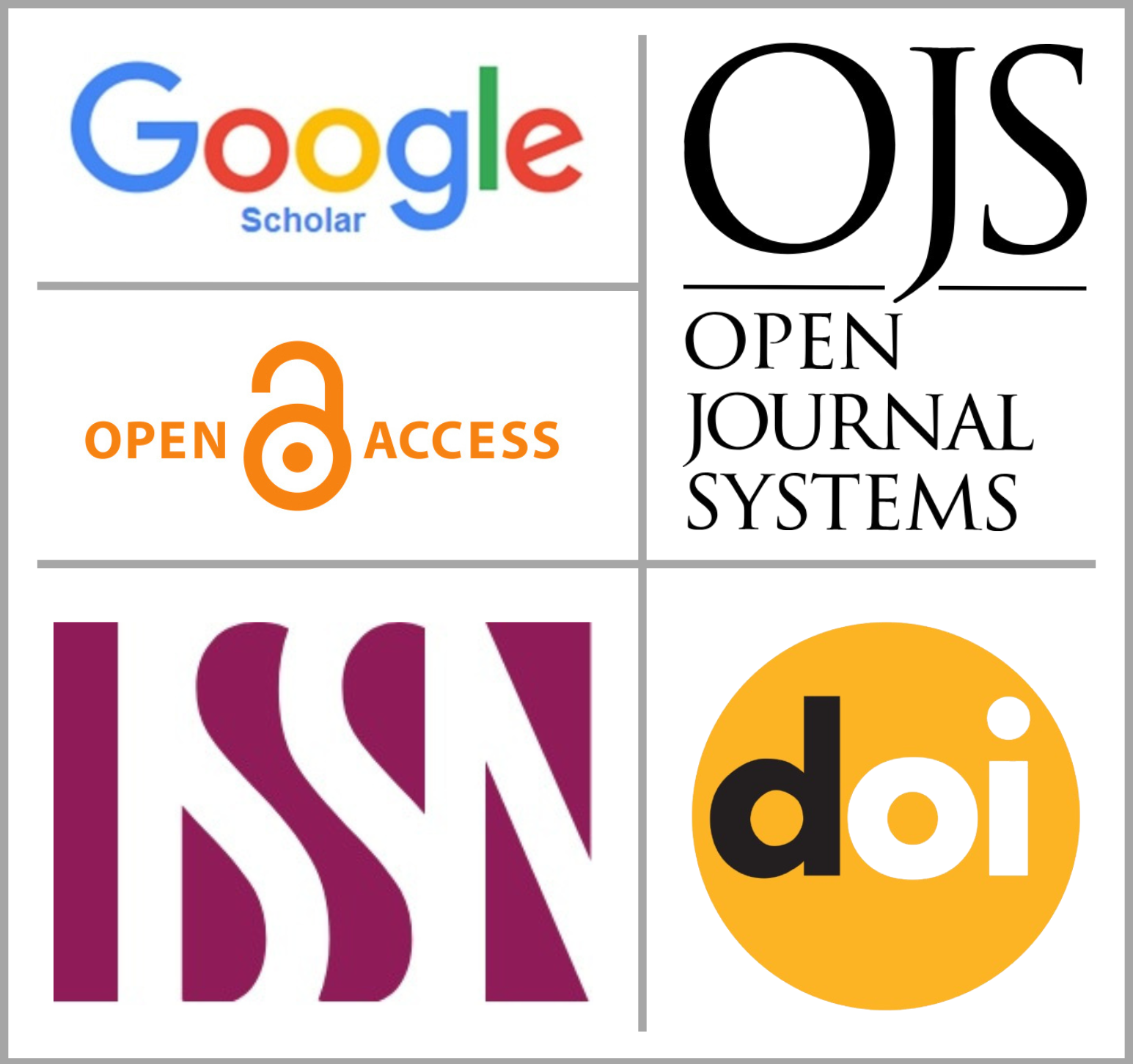Journal Information
Name of Journal: Pakistan Journal of Translational and Applied Medicine (PJTAM)
Journal Frequency: Quarterly
Language: English
Publisher: Scholar Club (Pvt) Ltd
Review Type: Peer-Reviewed
Area of Publication: Translational and Applied Medical Sciences
Pakistan Journal of Translational and Applied Medicine (PJTAM)

INDEXING:





